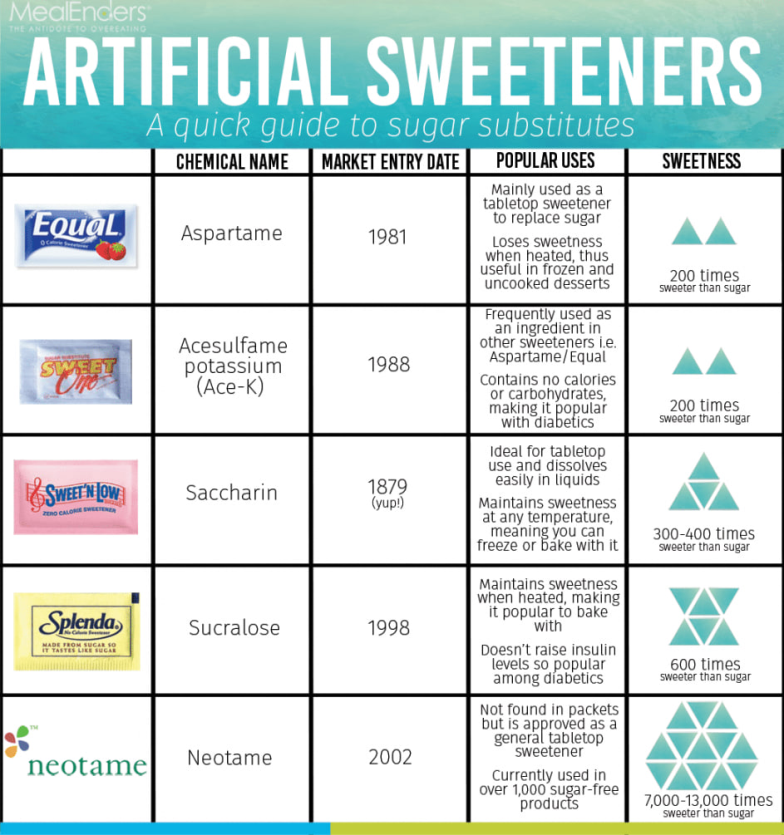Free Courses Sale ends Soon, Get It Now


Free Courses Sale ends Soon, Get It Now



Copyright infringement not intended
Context: A new report by the World Health Organization found that Aspartame, a common sweetener in soda and other beverages, may increase the risk of liver cancer.
Details
Aspartame
Aspartame and cancer: what does the science say?
Artificial sweeteners
About
Background
Common Artificial Sweeteners
Saccharin
Aspartame
Sucralose
Stevia

Potential benefits for human health
Potential drawbacks to human health
Conclusion
Must-Read Articles:
Aspartame: https://www.iasgyan.in/daily-current-affairs/aspartame
Erythritol: https://iasgyan.in/daily-current-affairs/erythritol
|
PRACTICE QUESTION Q. 10. Which of the following statements is true about artificial sweeteners and weight loss? A) Artificial sweeteners can help reduce calorie intake and promote weight loss. B) Artificial sweeteners can increase appetite and cravings for sugary foods and beverages. C) Artificial sweeteners do not affect weight loss or gain. D) Artificial sweeteners can have different effects on weight loss depending on individual factors and dietary Patterns. Answer: D Explanation: Artificial sweeteners can be a short-term way to help some people lessen their use of sugar and lose or manage weight. However, they may also have negative effects on appetite, metabolism, gut bacteria and food preferences. The overall impact of artificial sweeteners on weight loss may vary depending on the person and the type, amount and frequency of consumption. |
https://t.me/+hJqMV1O0se03Njk9
© 2024 iasgyan. All right reserved